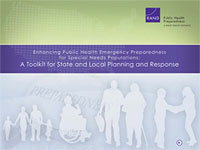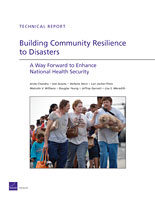You are here
Thu, 2011-09-29 09:25 — mdmcdonald
The Community Health Resilience Collaboratory is focused on exploring the advancement of community health resilience.
The mission of the Community Health Resilience Collaboratory is to advance community health resilience.
Add Content to this group
Members
| Elhadj Drame | Ginagug2017 | Kathy Gilbeaux | mdmcdonald | Tjivekumba Kandjii |
Email address for group
community-health-resilience@m.resiliencesystem.org








Recent Comments